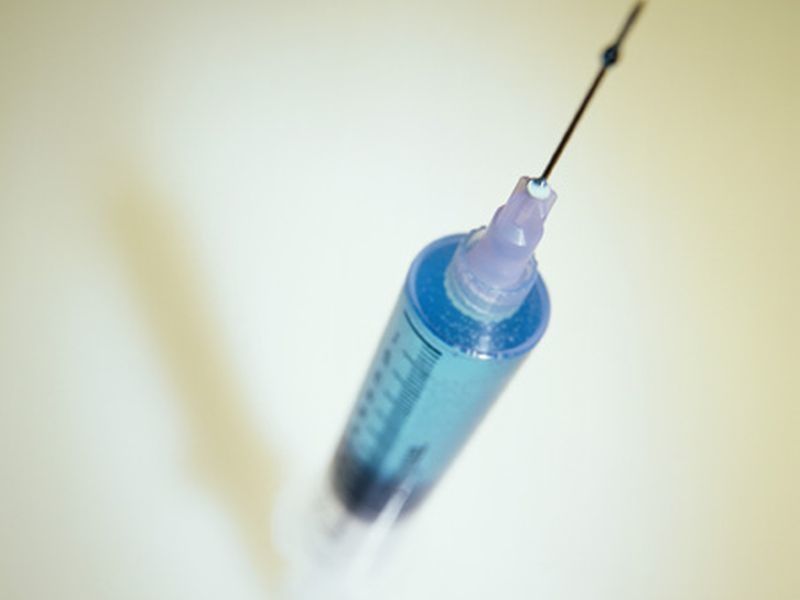
While U.S. federal government experts probe potential risks of the Johnson & Johnson vaccine, what do you need to know if you have had the one-dose COVID shot or hope to get it?
Experts at the American Heart Association (AHA) describe what to look out for.
The U.S. Centers for Disease Control and Prevention and the U.S. Food & Drug Administration paused administration of the J&J (Janssen) shot after six of the nearly 7 million adults who have received it developed blood clots in the brain after vaccination.
The six women, who ranged from 18 to 48 years of age, experienced a rare condition called cerebral venous sinus thrombosis, or CVST.
According to the AHA, this condition constitutes an extremely rare but serious form of stroke. Unlike about 87% of strokes in the United States, which involve blood clots in the arteries, this type is caused by a clot in part of the brain known as the venous sinus. It contains veins that carry blood away from the brain.
Blood clots may also occur in other blood vessels, including in the legs, lungs or abdomen.
CVST cases associated with the Johnson & Johnson vaccine occurred several days to two weeks after the shots.
Signs of CVST include severe headache, blurry vision, fainting or loss of consciousness, weakness, sensory changes, confusion or trouble speaking, seizures, abdominal pain, leg pain, and difficulty breathing/shortness of breath.
If you develop symptoms within three weeks of vaccination, call 911, the AHA advised.
Spontaneous CVST is estimated to affect 5 in a million people worldwide each year. It can cause serious disability or even death.
In comparison, a typical reaction to the COVID vaccine is marked by fatigue, headache, muscle pain, chills, fever and nausea. These usually happen within 24 to 48 hours and pass within 36 to 48 hours after the shot. If symptoms are severe and you have trouble breathing, call 911 or go to the nearest emergency room, the association advised.
In a statement, the American Heart Association/American Stroke Association noted that serious complications from the COVID vaccine are very rare and urged people to get immunized as soon as possible.
“These recently reported CVST blood clots are very rare adverse events [less than 1 in 1 million], and the recommended pause in administration of the Johnson & Johnson [Janssen] vaccine confirms that ongoing monitoring and transparency in the vaccine process are working,” the statement said. “The constant review promised by the CDC and FDA, as well as the commitment throughout the scientific and medical field to ensure the safety of the vaccines, remain firm.”
The association noted that these events are so uncommon that they only emerged after clinical trials had ended.
“We await the findings and updated guidance from the CDC and FDA urgent review of CVST associated with the Johnson & Johnson [Janssen] COVID-19 vaccine, expected next week,” the association said.
It noted that people who have medical conditions, especially those that make clotting more likely, should consult with a health care professional about potential risks of vaccination.
“We are confident the benefits of vaccination far exceed the very small, rare risks,” the association said. “The risks of vaccination are also far smaller than the risks of COVID-19 and its potentially fatal consequences.”
In particular, people with risk factors such as high blood pressure, obesity, type 2 diabetes, heart disease and heart attack, as well as stroke survivors, should get vaccinated as soon as possible because they are at much greater risk of a negative outcome from the virus than from the vaccine, the heart association said.
The federal review of the Johnson & Johnson vaccine is expected to be completed next week.
More information
The U.S. Centers for Disease Control and Prevention has more about the pause on the Johnson & Johnson vaccine.
SOURCE: American Heart Association, news release, April 15, 2021
Source: HealthDay

Leave a Reply